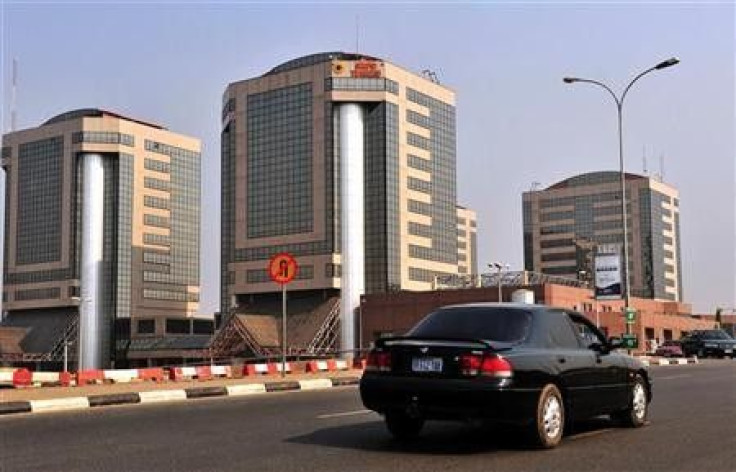Nigerian oil firm has poorest transparency: study

Nigeria's state oil company had the poorest transparency record of 44 national and international energy companies evaluated in a report published by international watchdogs this week.
Transparency International (TI) and Revenue Watch Institute (RWI) rated a list of oil and gas companies, which represent 60 percent of global output, on how they reported revenues and disclosed information on anti-corruption programmes.
The report, released on Tuesday and based on research carried out in 2010, showed that publicly listed companies score better than non-listed firms, while international oil companies fare better than national oil companies.
Nigerian National Petroleum Corporation (NNPC) was the only company to score zero on organisational information disclosure, which included the provision details of deals agreed with governments and partners on energy projects. The average score was 65 percent.
NNPC was among eight companies, including Angolan state firm Sonangol and Russia's gas export monopoly Gazprom, to score zero percent on reporting anti-corruption programmes.
Officials at NNPC could not be reached for comment.
A separate report last month showed NNPC was using its position as both buyer and agent for the Nigerian government to make profit that should have gone into state coffers.
By disclosing anti-corruption measures and key organisational and financial data ... companies demonstrate their commitment to stop the misappropriation of revenues, the TI and RWI report said.
In particular, detailed publication of fiscal payments allows citizens to hold governments to account.
Problems of inefficiency and corruption within NNPC have been acknowledged by Nigeria's government, which has ordered a comprehensive audit. Many of the issues are supposed to be addressed by wide-ranging reforms contained within the Petroleum Industry Bill currently before parliament.
Nigeria, which produces more than 2 million barrels per day (bpd) of crude oil, is ranked by transparency watchdogs as one of the most corrupt countries in the world.
© Copyright Thomson Reuters 2024. All rights reserved.











